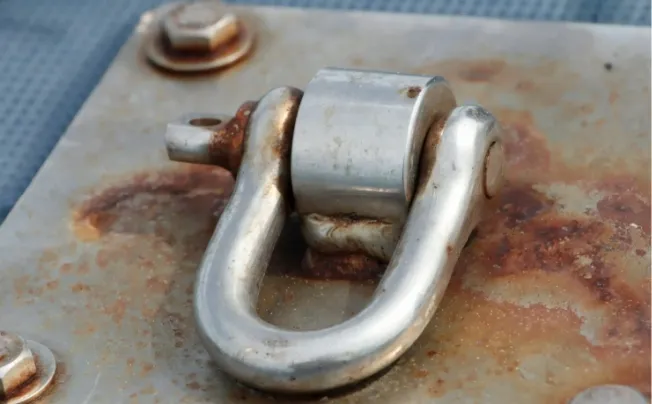What Is Stainless Steel?
Before considering the relationship between stainless steel and rust, it’s helpful to understand what stainless steel is.
Stainless steel refers to a group of iron alloys that contains at least 10.5% chromium. Chromium is a key element to stainless steel’s corrosion resistance and strength. The chromium will react with oxygen from water and air to form a very thin and protective oxide layer on the surface of stainless steel (also known as the passive layer), which seals the iron in the stainless steel away from the air and water in the environment, preventing corrosion and rust.
What Causes Stainless Steel to Rust?
Though stainless steel is highly resistant to corrosion, it is not entirely immune. Under certain conditions, stainless steel will corrode, although this process is typically much slower than the rusting of regular steel. Factors that can lead to stainless steel corrosion include:
1. Lack of Alloying Elements
Generally speaking, when the chromium content exceeds 10.5%, stainless steel will not rust easily. If the chromium content is insufficient, it will not be able to form a protective layer on the surface of the stainless steel, which will lead to accelerated corrosion.
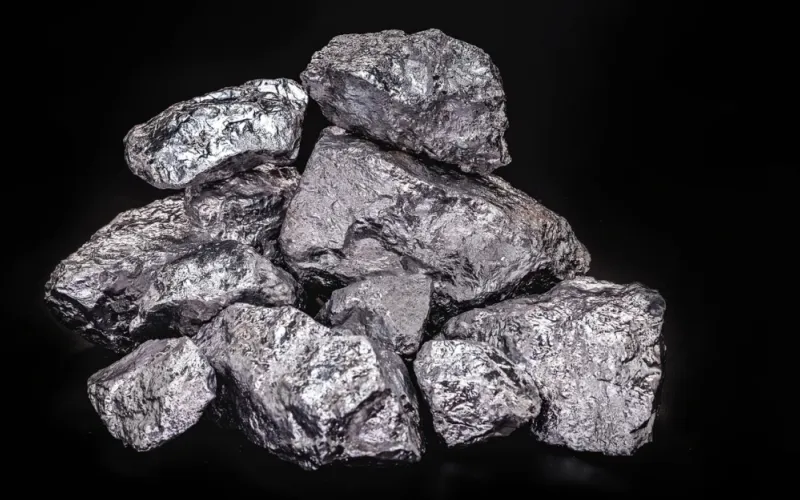
2. Improper Production
When manufacturing, if the impurities are not removed and the temperature cannot be properly controlled, the quality of the stainless steel produced cannot be guaranteed and it is easy to corrode.
3. Exposure to Harsh Environments
When exposed to aggressive chemicals or high concentrations of salt, such as in coastal areas, stainless steel will corrode.
4. Scratches and Surface Damage
Scratches or surface damage can compromise the protective oxide layer, making the stainless steel more susceptible to corrosion.
5. Temperature Extremes
Extreme temperatures can affect the corrosion resistance of stainless steel. In certain environments, such as those with high temperatures and high chloride levels, corrosion may occur.
6. Poor Maintenance
Neglecting proper cleaning and maintenance can also lead to corrosion over time, as contaminants can accumulate on the surface and weaken the protective layer.
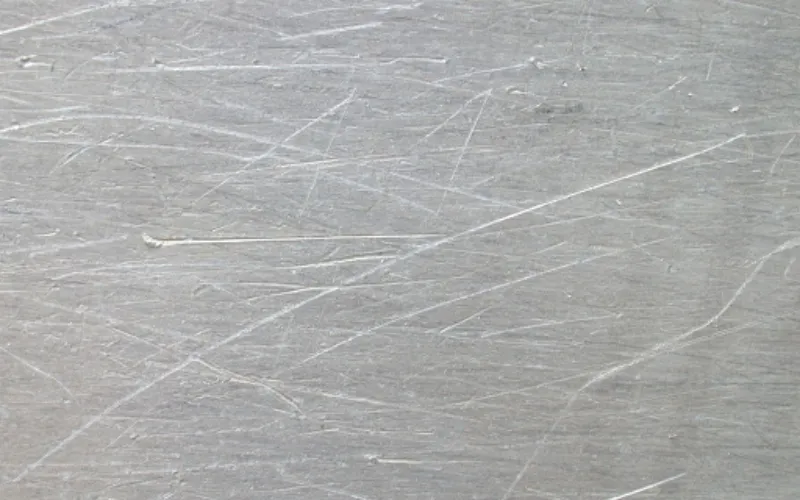
How To Prevent Stainless Steel From Rusting?
Luckily, there are various methods at different stages that can help to improve the rust and corrosion resistance of stainless steel.
1. Precise Fabrication
During the fabrication stage, it is important to prevent stainless steel from contacting iron or ordinary steel. This requires vigilance in surveying the surrounding environment including work tables, tools, storage units, steel turning rolls, and chains. Any carbon steel dust particles settling onto the stainless steel during fabrication can contaminate its surface, increasing the potential for rust formation. Furthermore, cleaning and grinding tools that have been used with carbon or low alloy steel must be kept separate from stainless steel.
2. Stay Dry
Staying dry is key. If the stainless steel surface is wet, it should be wiped dry in time to avoid staying wet for a long time. Especially in humid or salty environments, drying measures need to be strengthened.
3. Use the Right Grade
Stainless steel has different grades like 200 series, 300 series, and 400 series. Each type has its different corrosion resistance properties. According to the specific environment, the appropriate stainless steel grade should be selected. For example, for marine environments or places with corrosive gases, type 316 stainless steel with higher corrosion resistance can be selected.
4. Avoid High-temperature Environment
Try to avoid placing stainless steel in high-temperature environments, especially in the presence of oxygen, moisture, and other chemicals. If high-temperature environments cannot be avoided, consider using high-temperature-resistant stainless steel materials or taking protective measures, such as increasing ventilation and cooling.
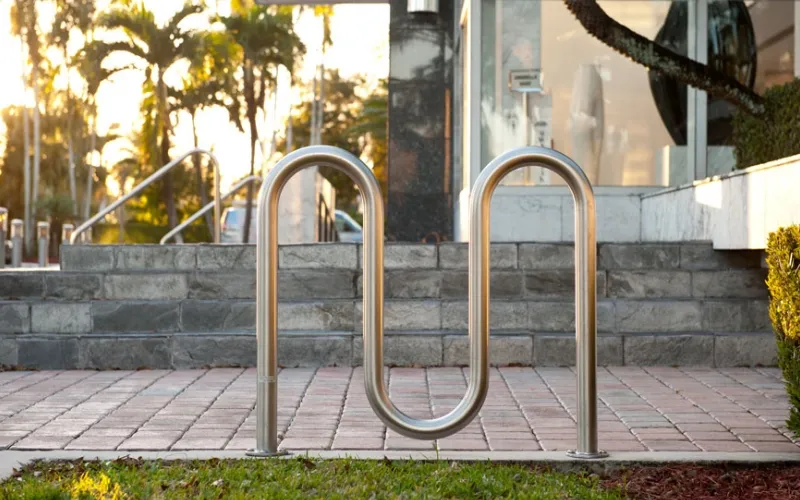
5. Surface Treatment
Stainless steel surfaces can be passivated to form a protective film to prevent contact with oxygen and moisture. For example, it can add oil, apply coating, paint, galvanize, etc., to enhance its corrosion resistance.
6. Avoid Chemical Contamination
When using stainless steel, try to avoid contact with acidic, alkaline substances or salt solutions to avoid damaging the protective film on the stainless steel surface. If you are accidentally exposed to these chemicals, you should clean them in time and take protective measures to avoid long-term corrosion.
7. Proper Maintenance
Regular maintenance plays a key role in stainless steel rust prevention, as well as limiting the progression of existing rust. It is essential to remove any rust that has formed using mechanical or chemical means. The resulting grime can then be cleared away using warm water and soap. After cleaning, a rust-resistant coating should be applied.
8. Consult Professionals
Stainless steel professionals have extensive knowledge and expertise in working with stainless steel. They understand the properties, characteristics, and applications of stainless steel, allowing provide valuable insights and recommendations for your stainless steel rust problems.
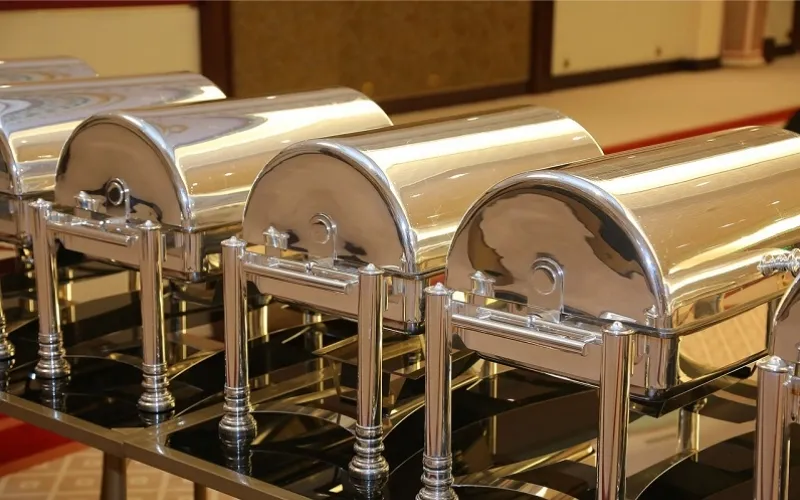
Conclusion
This blog takes an in-depth look at the causes of stainless steel rust and provides some practical preventative measures. Hopefully this information will help you better understand and protect your stainless steel products so they can maintain good performance and appearance for a long time.
Contact us here for more information on how Gnee can help create the best stainless-steel products that resist rust and corrosion.


